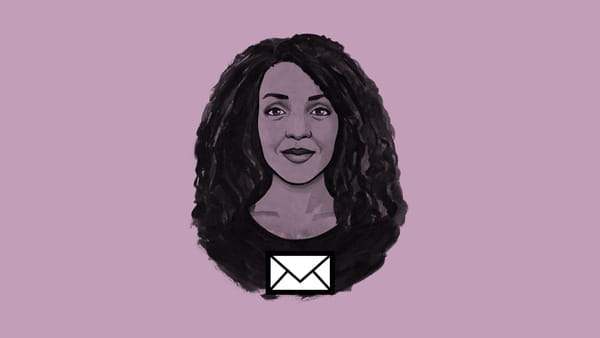Hi,
My Better Politics beat is partly about isolating problems that are not usually seen or that are hidden by our ideological and societal biases.
A good example of this is the recent so called "Luanda Leaks", which confirmed what was common knowledge among those with even a passing familiarity with the African dictator genre of nepotism and corruption. Documents obtained by the International Consortium of Investigative Journalists (ICIJ), and shared with media organisations last week, brought the outrageous case of Isabel dos Santos, Africa’s richest woman, to global attention. The documents show that the daughter of Angola’s former president siphoned away hundreds of millions of dollars of public money into offshore accounts.
The scale of the theft is staggering, especially when juxtaposed with the poverty of Angola (the country ranks 149 out of 186 on the 2016 Human Development Index poverty scale). A scandal of documents – more than 715,000 comprising emails, charts, contracts, audits and accounts – detailed both the vast empire of luxury property and business interests dos Santos and her husband own outside Angola and an entire network of western middlemen that made the draining of Angola’s public coffers possible.
This is the part of the story that we hear about less than the scandals themselves: the enabling of acts of corruption on the part of ostensibly clean, well-regulated western organisations with strong brand names. Accountancy firms, management consultants, private banking advisors, PR firms, an entire ecosystem of white glove services that one wouldn’t naturally associate with the grubby business of African corruption and making off with the spoils of oil wealth.
One of the ways in which societal biases – those that my beat Better Politics hopes to uncover – manifest themselves is how we view or define corruption.
The enrichment of an African president’s daughter will likely not raise any eyebrows, but the cosy relationship she has with multinational corporations such as PricewaterhouseCoopers (PwC) and the Boston Consulting Group (BCG) is more surprising. In the documents, redacted emails show how consultants tried to devise ways to open bank accounts that could not be traced, or ways activity could be hidden from regulators. These regulators from "around the globe", according to the report, have virtually ignored the key role western professionals play in maintaining an offshore industry that drives money laundering and drains trillions of dollars of public money.
Not to draw equivalence between the two, but the way we view corruption is generally less about the scale of it and more about how we dress it up. I think often of the extra tithes of doing business in some African countries in which I have lived (the extra tip to get a passport processed or an official paper stamped in a timely manner), and how there are hidden fees in the majority of transactions I go through in western countries. Booking a ticket online is fraught with traps to charge you an extra bit here or there. There are additional monies to be paid if passports are to be processed quicker – the difference is that they are done within an official framework. If dos Santos did not have this official framework to enable her actions, could she have perpetrated a heist of this scale?
I am interested in hearing from you what little acts or charges you are subject to that in another cultural context would be deemed corrupt. And what do you think: is it sometimes the fact that it’s done in broad daylight what makes corruption legal?
 Subscribe to my newsletter!
I send a weekly newsletter where I write about my journalistic research, share interesting books, articles, or podcasts I’ve found throughout the week, and talk about the ideas and questions surrounding my beat.
Subscribe to my newsletter!
I send a weekly newsletter where I write about my journalistic research, share interesting books, articles, or podcasts I’ve found throughout the week, and talk about the ideas and questions surrounding my beat.

